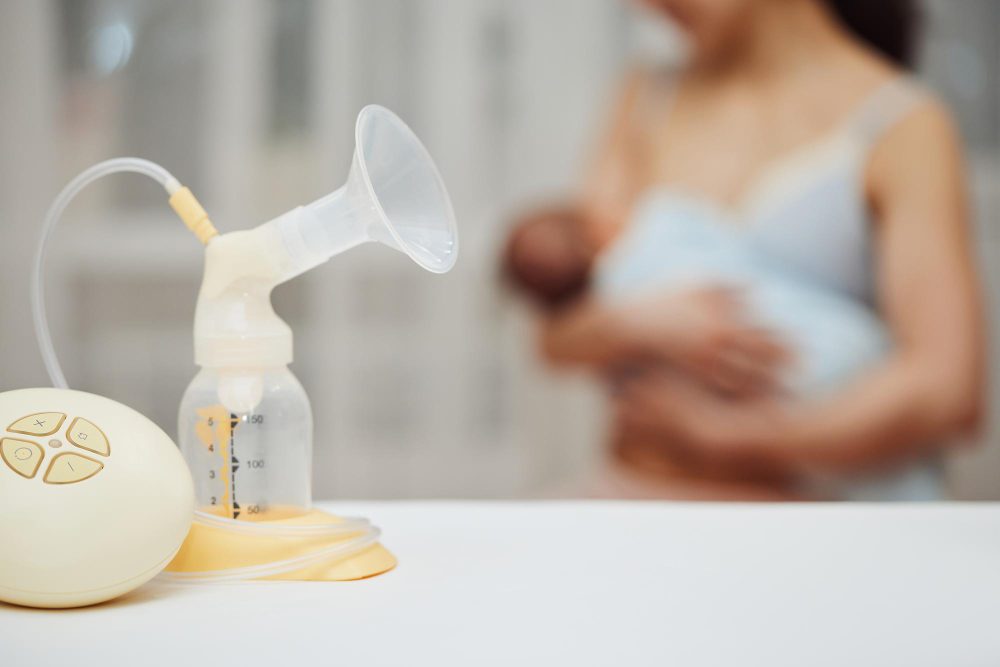Introduction: Why Breast Milk Matters and How Pumping Helps
Breast milk gives babies the best nutrition. It helps build their immune system and supports healthy growth. Many mothers need to pump and store breast milk for different reasons. For example, some return to work or need to be away from their baby. Others want to share feeding with caregivers. Because of this, knowing the best way to pump and store breast milk is important. Safe storage keeps milk fresh and protects your baby from germs. In this guide, you will find helpful breast milk pumping tips and learn how to store breast milk safely.
Essential Tips for Effective Breast Milk Pumping
Step-by-Step Guide to Safe Breast Milk Storage
Proper storage keeps breast milk safe for your baby. Here is how to store breast milk safely:
Best Practices for Thawing and Using Stored Milk
Common Mistakes to Avoid
Practical Lifestyle Guidance for Breastfeeding Mothers
Balancing breastfeeding and daily life can be challenging. However, a few simple steps can help:
How to Prevent Contamination and Spoilage
Keeping breast milk safe is very important. Here are some tips to prevent contamination and spoilage:
Conclusion
In summary, pumping and storing breast milk safely helps protect your baby’s health. By following these breast milk pumping tips and storage steps, you can ensure your milk stays fresh and nutritious. For personalized advice on breast milk pumping and storage, consult a lactation specialist or healthcare provider at Sprint Women.
Contact Sprint Women today for expert lactation support and guidance!
Hashtags:

